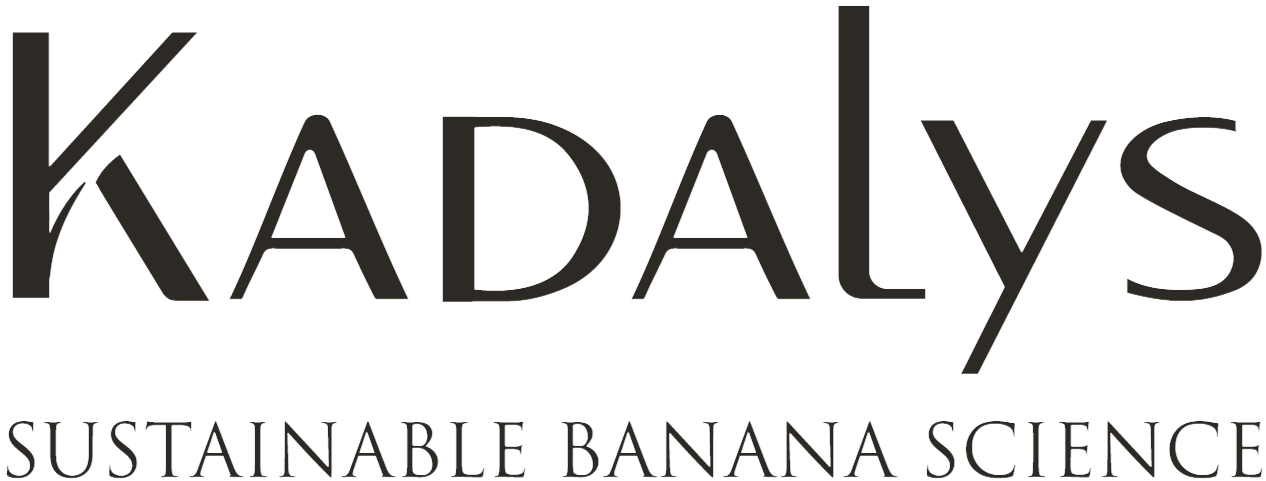
What is the difference between an organic product and a natural product?
When you decide to change your conventional beauty routine to go on the green side of the force, you may have a little trouble understanding the difference between organic and natural! We don't blame you, deciphering a product to understand its composition and its origin is not an easy thing to do. Especially since today, conventional brands love to play on words and packaging to give an impression of nature and ecology... Of course, most of the time, it is only deception!
To help you, we explain the difference between organic and natural, and we give you some tips to help you find your way around! And if you ever wonder "why go organic?" you'll find your answers here too!
Does organic mean natural?
An organic cosmetic is a natural product subject to a charter and stricter controls. To obtain organic certification, the beauty product must contain natural ingredients from organic farming. For example, according to the Cosmébio organic charter:
- natural products must be composed of at least 95% of ingredients of natural origin (plants, honey, wax, minerals)
- organic products must be composed of at least 95% natural ingredients, and among the plants that compose it, at least 95% must be from organic farming.
In the end, in a product bearing the Cosmébio organic label, 20% to 100% of the formula must be organic!
So, why not use a 100% organic formula to be sure to use only organic ingredients? Well, because most of the time, the formula of the product is made up of a large part of water (at least 50%) and can also contain ingredients taken from nature. These ingredients cannot be certified organic because they are not from a culture as such.
So yes, organic implies at least natural since a good percentage of the formula must be composed of ingredients of natural origin! However, organic certification does not only take into account the ingredients. The manufacturing methods, the packaging and the way the information is displayed on the final product are also studied!
When can a cosmetic product be said to be natural?
A cosmetic is considered natural when it contains at least 95% of ingredients of natural origin (still according to Cosmébio). These natural ingredients, or natural products, that make up the cosmetic formula can be water, minerals, ingredients from animal husbandry or products of plant origin. In the formula, they can be found in raw form, that is to say unprocessed, or physically transformed through maceration or grinding for example.
Natural cosmetics can also be composed of products of natural origin. That is to say, raw ingredients, physically transformed or chemically transformed ingredients. The chemical transformation must respect strict rules and generate only "natural" transformations, respectful of the environment. In short, a chemical reaction is made between several natural ingredients to obtain a new ingredient or a particular texture! These rules vary slightly from one label to another but the general idea remains the same.
Among the natural cosmetic products we also find simply vegetable/essential oils or pure vegetable butters! And yes, to be considered a beauty product, a cosmetic does not necessarily need to have a list of more than one component!
How to recognize an organic cosmetic product?
The easiest way to recognize an organic product is to rely on the different organic labels that exist! Among them, there are several, more or less known but equally reliable:
- Ecocert
- Cosmébio
- Cosmos
- Natrue
- Nature et Progrès
- The Slow Cosmestic mention
- BDIH, German label managed by Cosmébio
- ICEA, Italian label
- Eco Garantie, Belgian label
- A.C.E.N.E, Spanish label.
Each of these organic labels has different rules and different tolerance for the percentage of organic ingredients. Choosing a product with an organic label ensures that it is free of synthetic colorants, controversial ingredients (sulfates, phthalates, mineral oils, endocrine disruptors) and that the methods of cultivation and manufacturing respect the environment and people.

Kadalys, a range of organic and natural cosmetics
All our Kadalys organic cosmetic products are certified by different labels. Committed to the environment but also to human work and respect for animals, our brand respects the charters of Ecocert and Cosmébio, but also Cosmos Organic, One Voice, Vegan Society, Leaping Bunny (vegan products) and Made in France for our certified organic products. Our limited editions have a natural and vegan formula, certifiable but that we choose not to certify.
In addition to meeting the requirements of the various labels, the Kadalys organic cosmetics range meets the needs of the skin and hair! Nourishing body lotion, multi-purpose oils, soft face cleanser, lifting and smoothing day moisturizer, eye contour, lip balm, purifying mask or even 100% cotton OEKO-TEX certified kits and tote bags, our products take care of you from head to toe.
Betting on a range of organic and natural cosmetics was an obvious choice for KADALYS from the beginning. Thanks to our organic products, we offer efficiency, softness and pleasure of use to our customers while guaranteeing them a healthy formula for the skin, the health, which is good for the planet and shared with the planters. Finally, Kadalys is simply natural pleasure!
As you can see, the difference between classic cosmetics and organic/natural cosmetics is based as much on the origin of the ingredients as on the methods of harvesting and manufacturing as well as on the packaging and ethics. Choosing organic and natural cosmetics means supporting companies and brands that work in the interest of man and the Earth!




